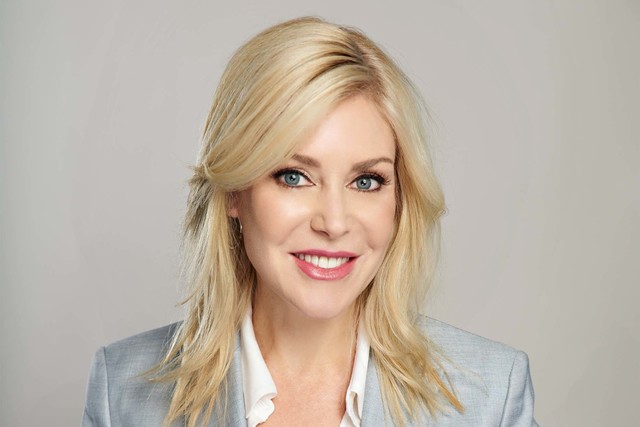Can compulsory national service work in America?

Heather Murren is a strong advocate for compulsory national service.
The Las Vegas resident, a former Wall Street financier who was appointed by President Barack Obama to the Commission on Enhancing National Cybersecurity, believes national service will help young men and women find a purpose in life.
She wrote me after I penned a column headlined: “Will it take a military draft to unite Americans?” I expressed sadness that U.S. Rep. Charles Rangel, D-N.Y., made sense about a divided America — that by reinstating a military draft, Americans of all races and classes could come to share each other’s values and points of view.
How pathetic, I wrote, that America needs a military draft — the threat of war — to be more human on the domestic front.
The wife of Jim Murren, chairman and CEO of MGM Resorts International, Heather Murren supports the sentiments of retired Gen. Stanley McChrystal, who argues for national service so eloquently you start to sing the national anthem as you read.
“Citizenship no longer demands a common experience — and so we no longer believe in a common future.”
Imagine Americans between the ages of 18 and 25 serving in the military or in hospitals or in schools, or dealing with environmental concerns, if the definition of service is broadened.
As Murren says, a shared experience would unite people of all persuasions in a common cause of a better America. No longer would America be so divided. And, as Murren also points out, young men and women leaving service would be well-disciplined, just the kind of people employers love to hire.
At first blush, you can’t help but wonder why America didn’t institute compulsory national service long ago.
But after you think about it for awhile, you know why. It would never be fair, even if a lottery with no exceptions were used.
If there was chance of war, how many people would appreciate being drafted for the front lines as opposed to picking up garbage at Yellowstone National Park? I’ve volunteered for both the Army and VISTA, Volunteers In Service To America, and I think I know the answer to that question.
The howling from young people who had to tote a rifle would no doubt mature into riots. A 2004 Gallup poll showed more than 75 percent of teens would prefer non-military compulsory service.
Make no mistake: The more people think about the ramifications of compulsory service, the less likely it is to happen.
Especially if they’ve read any recent history.
Remember that in 1995, Robert McNamara, who headed the Defense Department during the Vietnam War and was the conflict’s chief architect, said he knew in 1965 that the war most likely couldn’t be won. Yet it dragged on for an additional 10 years at a cost of 30,000 American lives.
Last year Michael Morell, the former CIA deputy director and President George W. Bush’s intelligence briefer, appeared on MSNBC’s “Hardball,” alleging the administration intentionally misrepresented intelligence in the buildup to the 2003 Iraq invasion.
The show played a clip of Vice President Dick Cheney saying, “We know (Saddam Hussein) has been absolutely devoted to trying to acquire nuclear weapons. And we believe he has, in fact, reconstituted nuclear weapons.”
“Was that true or not?” host Chris Matthews asked.
“No, that was not true,” Morell said.
Given that history, which shows soldiers aren’t always sent into harm’s way for righteous reasons, is it surprising a poll taken in 2005 showed more than 62 percent of Americans are opposed to mandatory military service?
The more you talk with Murren, the more you understand she believes many of the nation’s leaders have the best interests of soldiers at heart. She says she’d support her two sons in college going into the military if national service was compulsory.
For the sake of the 1 percent of Americans now serving voluntarily in the military — men and women who must return to the battlefield for three and even four tours — we should all hope Murren’s right.
Paul Harasim’s column runs Sunday, Tuesday and Friday in the Nevada section and Monday in the Health section. Contact him at pharasim@reviewjournal.com or 702-387-5273. Follow @paulharasim on Twitter.